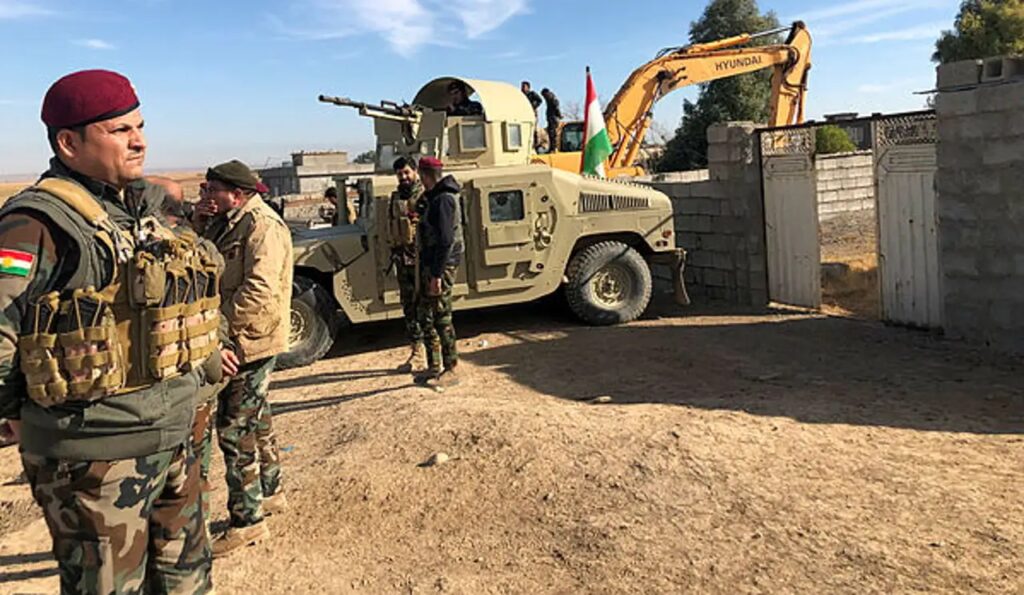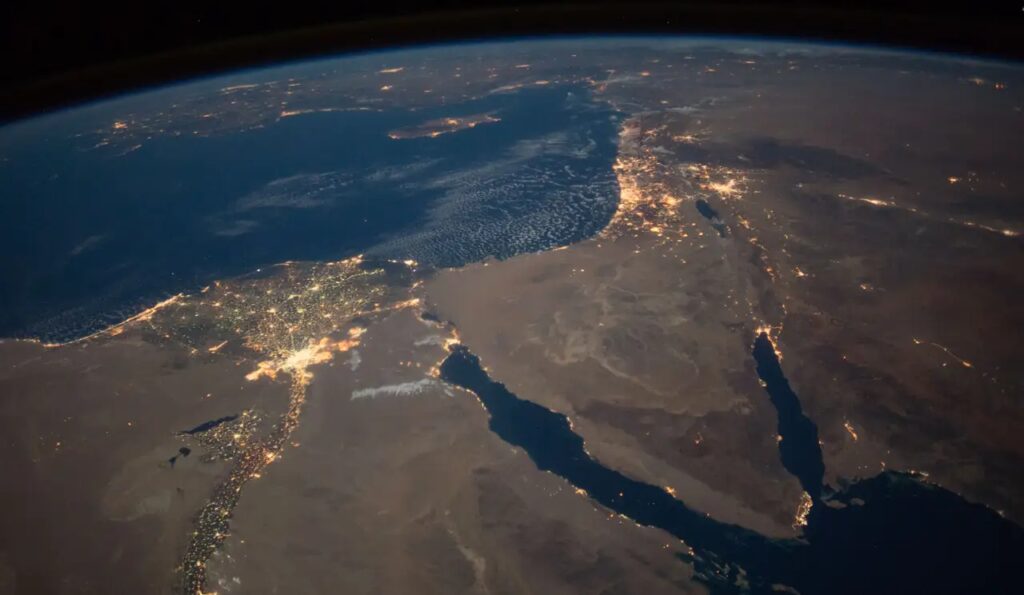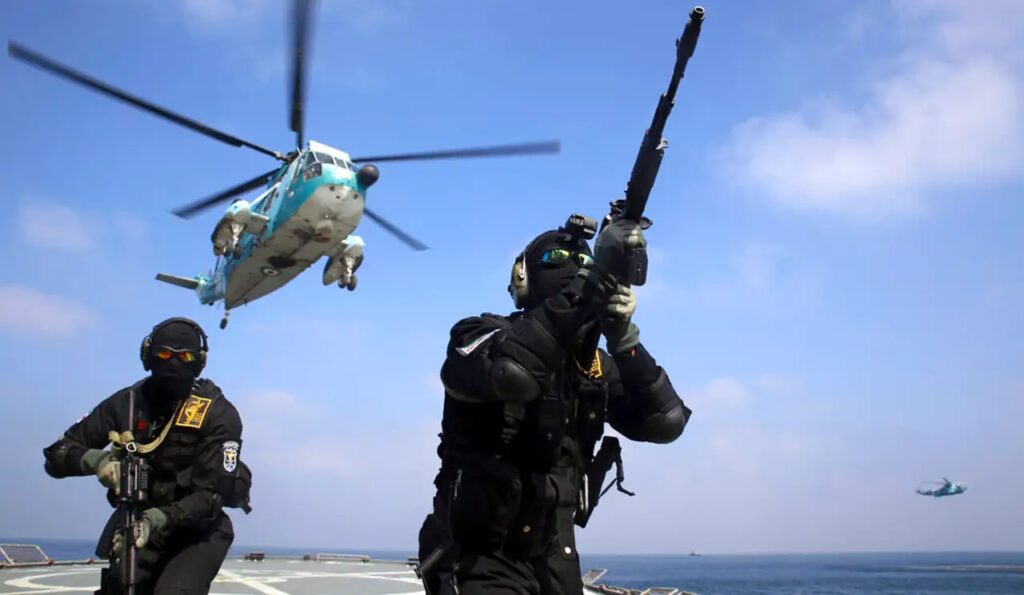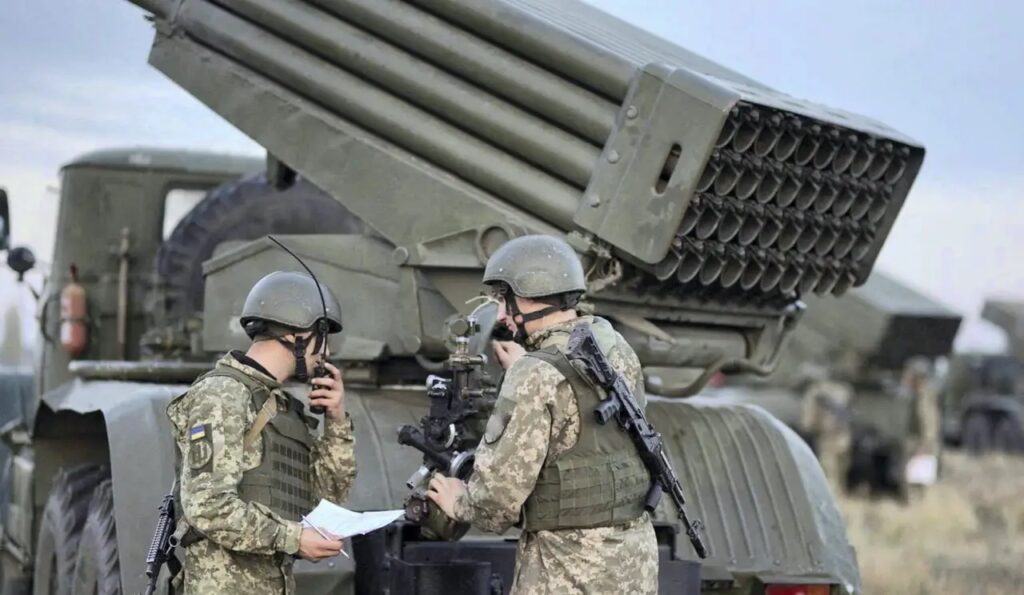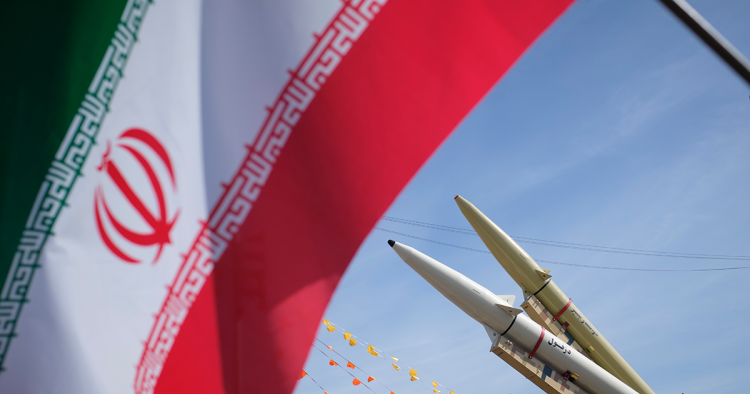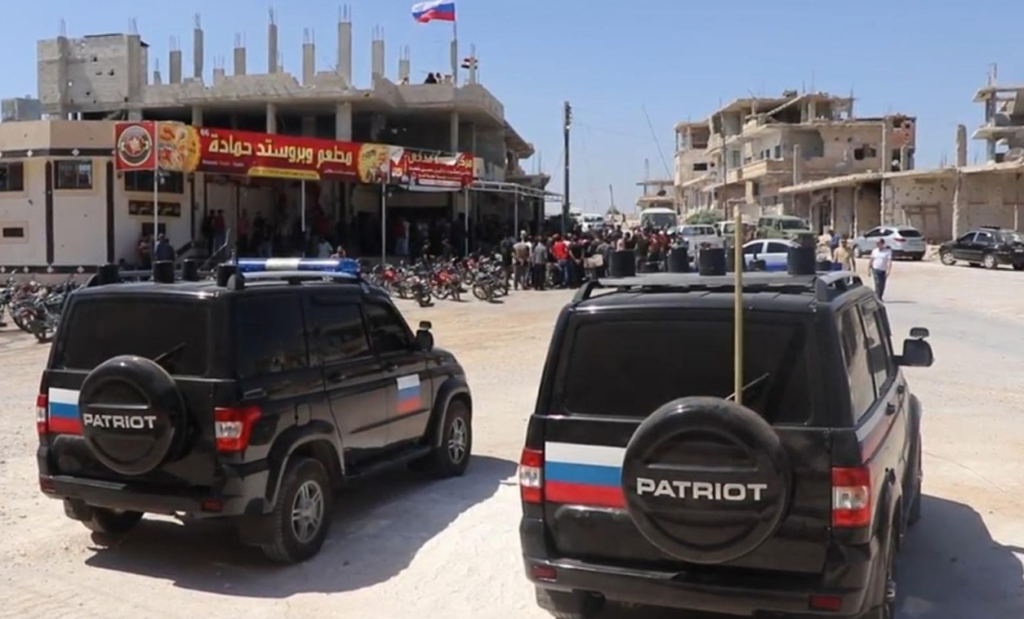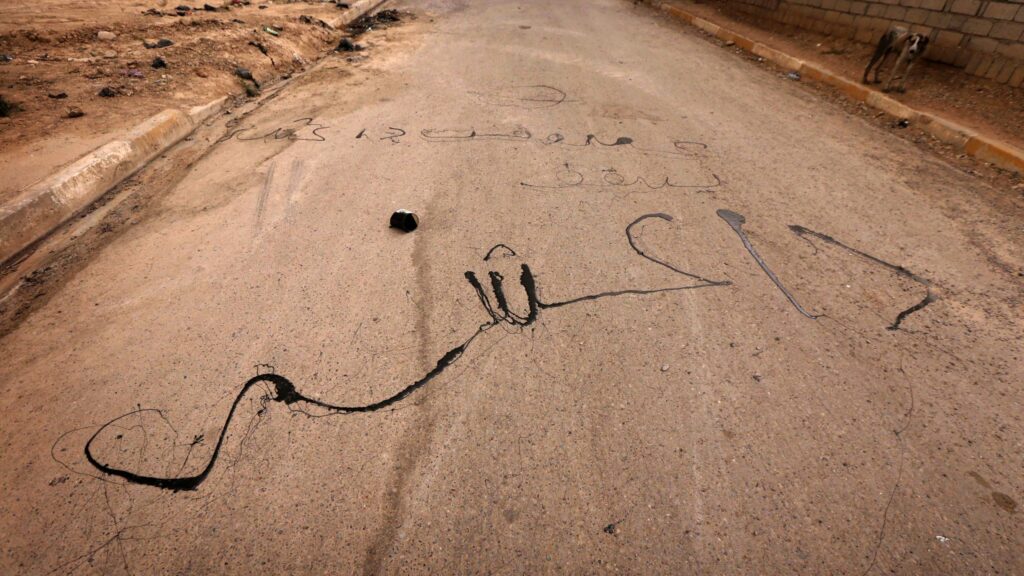Israel, Jewish Groups Discuss Airlifting Ukraine’s Jews if Russia Invades
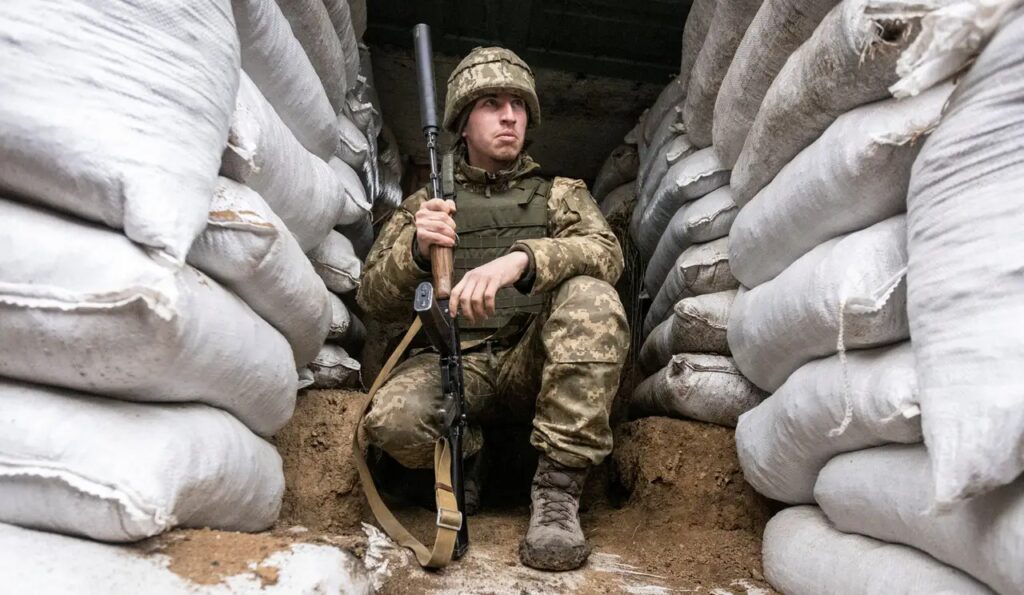
As threat of Russian invasion looms, top officials examine possibility of emergency evacuation for up to 75,000 Ukrainians thought to be eligible for Israeli citizenship under Law of Return
With a possible Russian invasion of Ukraine looming, a briefing held Sunday by top officials in the Israeli government and Jewish organizations discussed the level of threat to Jewish communities in Ukraine and the possibility that Israel will facilitate an evacuation program.

